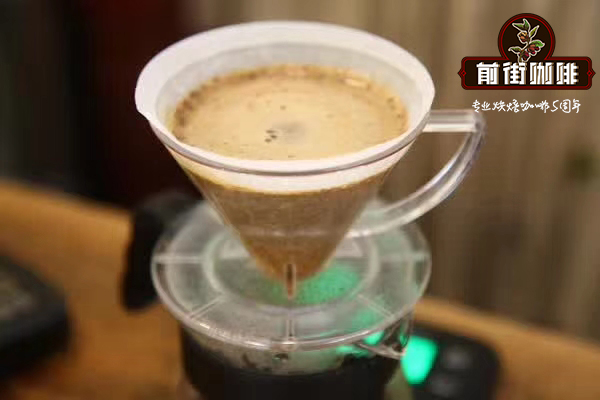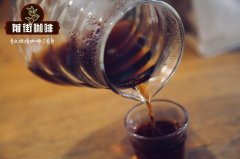Introduction to Nicaraguana Heavenly Manor Coffee

Professional coffee knowledge exchange more coffee bean information please follow the coffee workshop (Wechat official account cafe_style)
Although Nicaragua is located in the heart of coffee-growing countries in Central America and has been growing coffee commercially for more than a century, the success of the coffee industry has been plagued by political conflicts. During the Reagan administration, all Nicaraguan products were banned from importing into the United States. In recent years, coffee plantations that have been taken over by Sandinistans have been returned to local families, and the coffee industry is making great strides towards producing high-quality coffee. With the improvement of planting, traceability and quality, long-term production has increased steadily, and farmers have provided a range of amazing cup shapes according to their unique variety and unique microclimate.
Finca Un Regalo de Dios ("Gift from God") is located in the municipality of Nueva Segovia in Mozambique, in the far north, near the Dipilto-Jalapa Mountains bordering Honduras. The farm is one of several owned by Luis Alberto Balladarez Moncada, who also owns Ocotal's o Las Segovias coffee factory. La Bendicion, one of his farms, won first place in the 2018 Cup of Excellence Cup; many Finca players won fifth place. Individual farms are divided into "plantations" (plantations) according to altitude, while coffee is further divided by variety. Even if multiple batches of the same plant are harvested and processed on the same day, there may be subtle changes to make them more suitable for natural pulping or completely natural processing, rather than traditional cleaning. This coffee comes from the "El Salvador" region and is a naturally processed Pacamara coffee. The farm's washed and honey-processed coffee takes 20-25 days to dry, while naturally processed coffee dries for 30-35 days-natural coffee is dried with coffee cherries on the beans, which gives the beans an inherent fruity flavor.
END
Important Notice :
前街咖啡 FrontStreet Coffee has moved to new addredd:
FrontStreet Coffee Address: 315,Donghua East Road,GuangZhou
Tel:020 38364473
- Prev

Flavor description of Nicaraguan Diansi Manor is the coffee good in Nicaragua?
Professional coffee knowledge exchange more coffee bean information please follow the coffee workshop (Wechat official account cafe_style) Nicaragua Un Regalo de Dios Bourbon Nicaragua Heavenly send Manor Bourbon Coffee Origin: Nicaragua nueva Segovia planting area roasting level: medium Agtron: 56 shock 8 fragrance: 9 acidity / structure: 9 body: 9 taste: 9 aftertaste: 8 blind
- Next

Does Guatemala want the manor coffee good? Guatemala wants the manor coffee to taste good.
Professional coffee knowledge exchange more coffee bean information please follow the coffee workshop (Wechat official account cafe_style) Guatemala La Esperanza Coffee producing area: huehuetenango growing area of Guatemala. Aroma: 9 acidity: 8 body: 9 taste: 9 aftertaste: 8 blind evaluation: high profile, sweet complexity. Aromas of vanilla, marmalade, honeysuckle, loquat and walnut butter
Related
- Beginners will see the "Coffee pull flower" guide!
- What is the difference between ice blog purified milk and ordinary milk coffee?
- Why is the Philippines the largest producer of crops in Liberia?
- For coffee extraction, should the fine powder be retained?
- How does extracted espresso fill pressed powder? How much strength does it take to press the powder?
- How to make jasmine cold extract coffee? Is the jasmine + latte good?
- Will this little toy really make the coffee taste better? How does Lily Drip affect coffee extraction?
- Will the action of slapping the filter cup also affect coffee extraction?
- What's the difference between powder-to-water ratio and powder-to-liquid ratio?
- What is the Ethiopian local species? What does it have to do with Heirloom native species?

